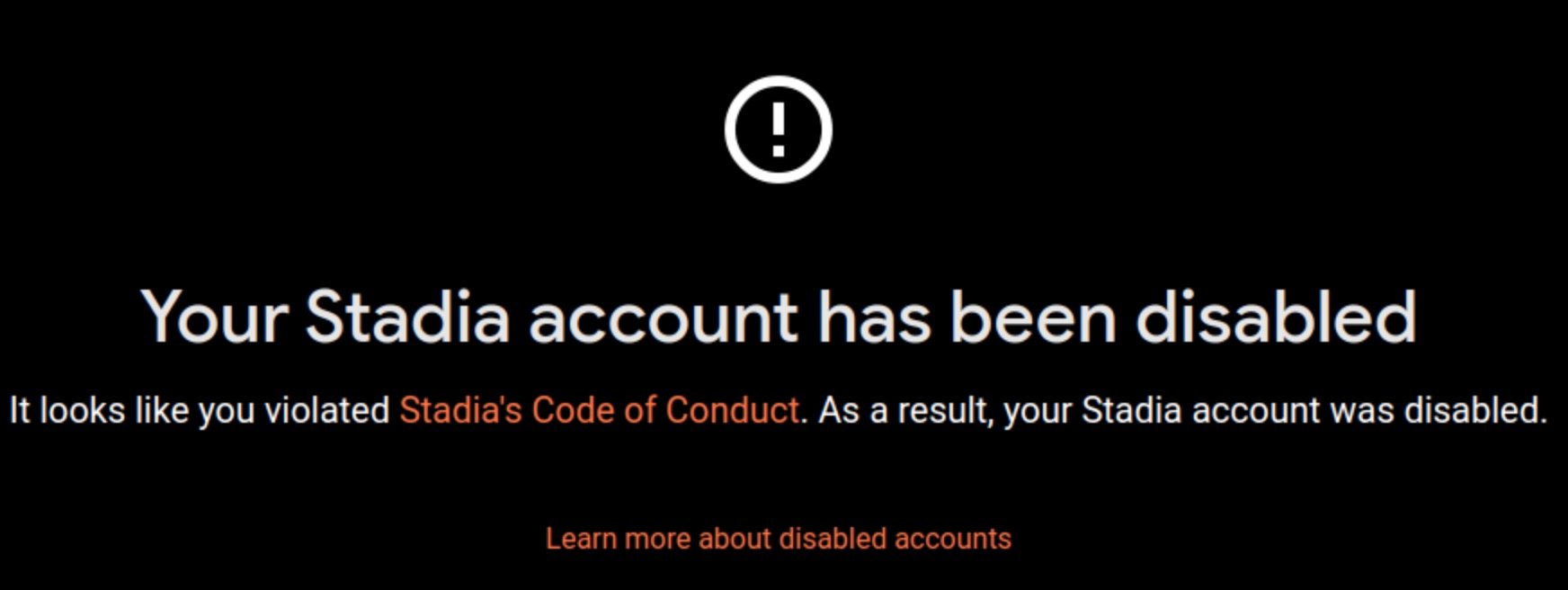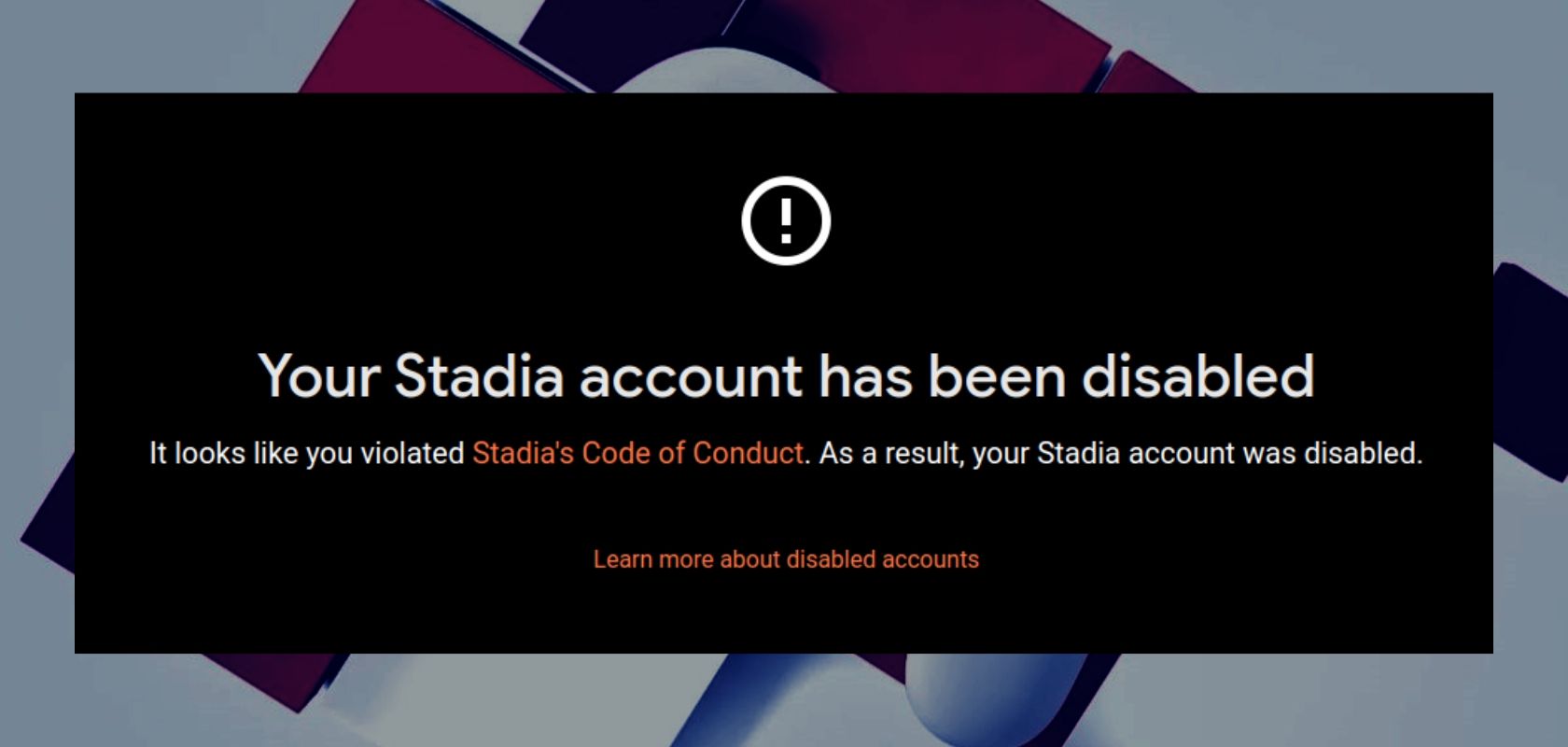For all its advantages, real or advertised, cloud computing still – at the end of the day – means one thing: your stuff is running on somebody else’s computer. And that somebody is usually a giant corporation, in full control of your software, services, and data.
For that reason, the system is far from perfect, and we might see some of the issues that affect cloud computing’s popular models like SaaS (Software as a Service) in Google’s cloud gaming service Stadia, which launches on Tuesday. Security, performance, and personal data protection are some of the problems likely to crop up on the streaming platform, meant to establish an alternative to console and PC gaming.
Observers have been suspicious about Stadia since it was announced in March, mostly over technical performance and game titles, but also Google’s history of abruptly shutting down products and services, wondering if getting invested in this type of gaming, and spending money on it, would be wise.
But there’s another fundamental issue: games are streamed to a device from Google’s servers with only a controller and a screen physically available to the gamer. With the “Code of Conduct” being thrown in the mix – what happens to your account, your subscription and the games you’ve purchased and played if Google decides its rules have been broken?
Our deep dive into Stadia shows that your screen will look like this:

And sadly, your controller will be of no use at all. There is precious little that can be done from that point other than to contact Google’s notorious customer support, attempt to contest the decision and beg to get the account back online. But as YouTube creators and Google Play developers have learned the hard way, this is usually a process that is difficult and unlikely to succeed.
Stadia’s Code of Conduct has recently been updated with the “Values” section – which states, among other things:
“Stadia is a place for all players to be themselves with confidence, free from bullying, hatred, and harassment.” It adds that “no one likes trolls” while “some competitive banter or trash talk is okay” – but players must ensure that “everyone’s onboard with it.”
We’ll have to wait and see how Google plans to enforce these rules. If found in violation, gamers risk either temporary or permanent bans from the games they paid for. At the same time, if players create a username that Google considers to be inappropriate – Google will assign them a new one.












